Gynecological health is a vital aspect of a woman’s overall well-being, yet it’s often overlooked or neglected. Regular visits to a gynecologist play a crucial role in maintaining health, detecting problems early, and receiving appropriate care and advice. From adolescence through menopause, gynecological visits can address a wide range of concerns, including menstrual irregularities, fertility, sexual health, and cancer prevention. Understanding the importance of these visits can empower women to take proactive steps toward their health, ensuring a better quality of life.
Contents
Early Detection of Health Issues
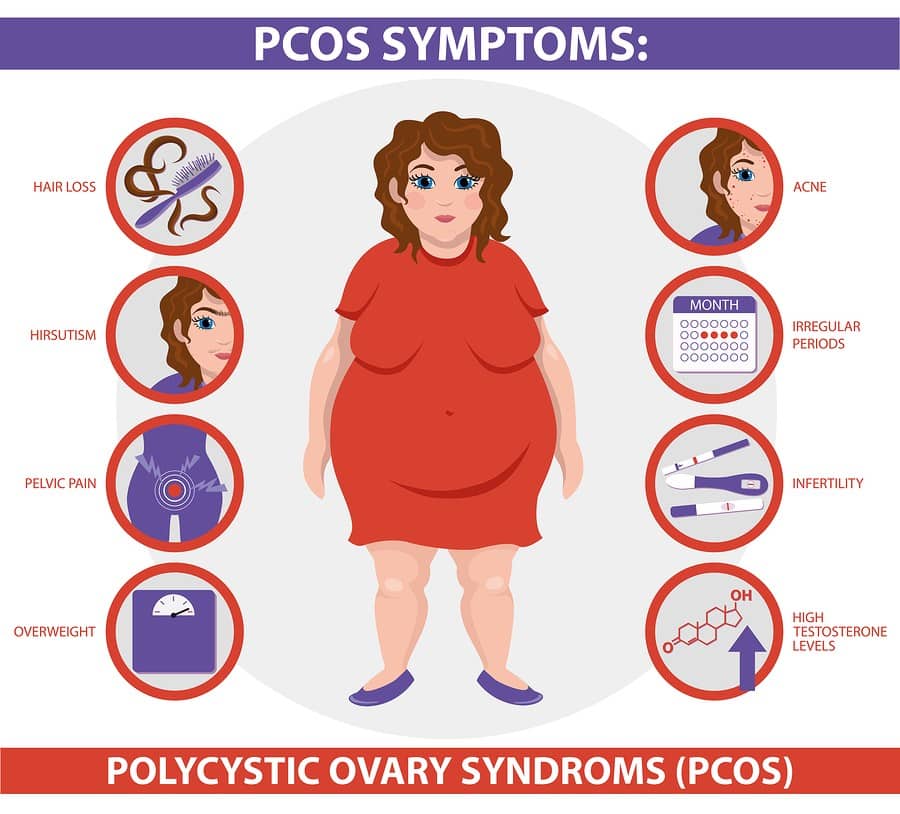
Early detection of health issues is one of the most significant reasons to visit a gynecologist. Regular check-ups can identify potential problems before they develop into more serious conditions. Conditions like Polycystic Ovary Syndrome (PCOS) and endometriosis, which affect millions of women, can often be managed more effectively when diagnosed early. Additionally, a gynecologist can spot early signs of cervical or ovarian cancer, which can be life-saving. The role of a gynecologist in monitoring and advising on these issues is invaluable, as they provide specialized care tailored to women’s health needs.
Regular Health Screenings
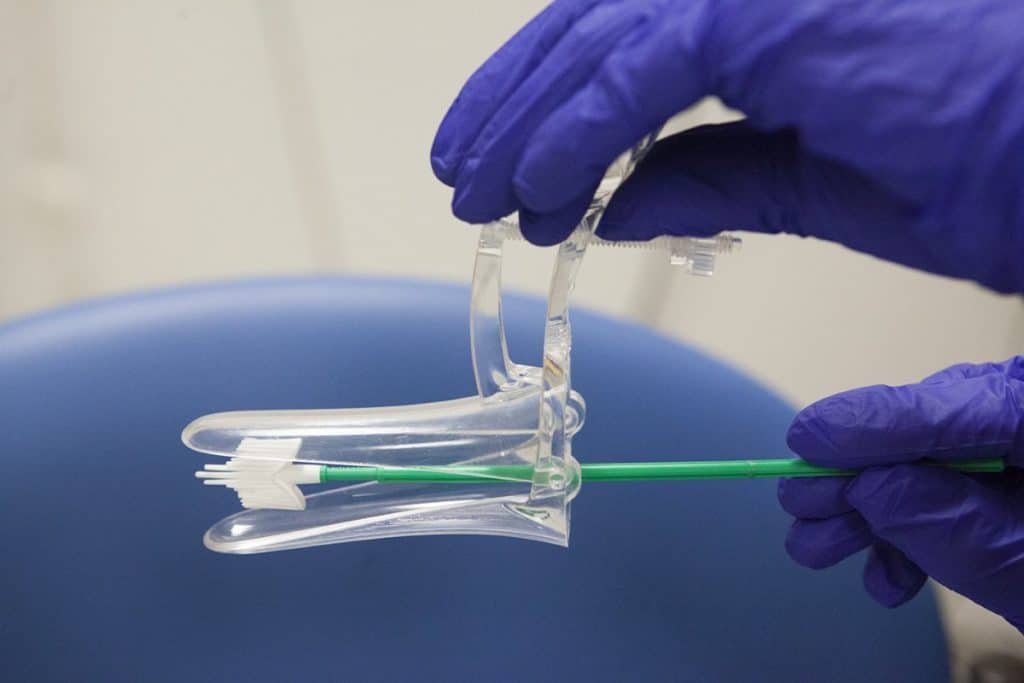
Regular health screenings are essential for maintaining gynecological health. Procedures such as Pap smears and pelvic exams are crucial for detecting early signs of cervical cancer and other abnormalities. The guidelines for these screenings can vary based on age, health history, and risk factors, making personalized advice from a gynecologist important. For instance, Pap smear guidelines recommend testing every three years for women aged 21 to 65, but this may differ based on individual circumstances. Regular screenings are not only a preventive measure but also a peace of mind, assuring that any potential issues are being monitored.
Fertility Concerns and Advice
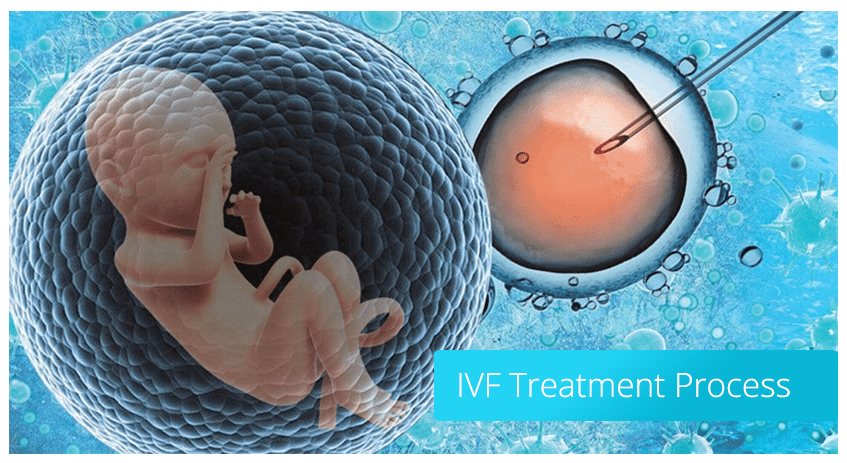
Addressing fertility concerns is a significant reason for visiting a gynecologist. Many women face challenges with conception, and a gynecologist can offer valuable insight and treatment options. They can diagnose and treat conditions that affect fertility, such as hormonal imbalances or fallopian tube obstruction. Moreover, they can provide guidance on fertility treatments like in vitro fertilization (IVF) or ovulation induction. Consulting a gynecologist is often the first step for couples struggling with infertility, offering them hope and options for starting or growing their family.
Menstrual Health Management

Managing menstrual health is a critical reason for gynecological consultations. Many women experience issues with their menstrual cycle, such as irregularity, excessive pain, or heavy bleeding, which can significantly impact their daily life. A gynecologist can help diagnose and treat these issues, which may be symptoms of underlying health conditions like fibroids or hormonal imbalances. They can offer various treatment options, including hormonal contraceptives, to regulate the menstrual cycle and alleviate discomfort. Understanding menstrual health is vital for women’s overall health, and a gynecologist plays a key role in providing the necessary care and guidance.
Menopause Management
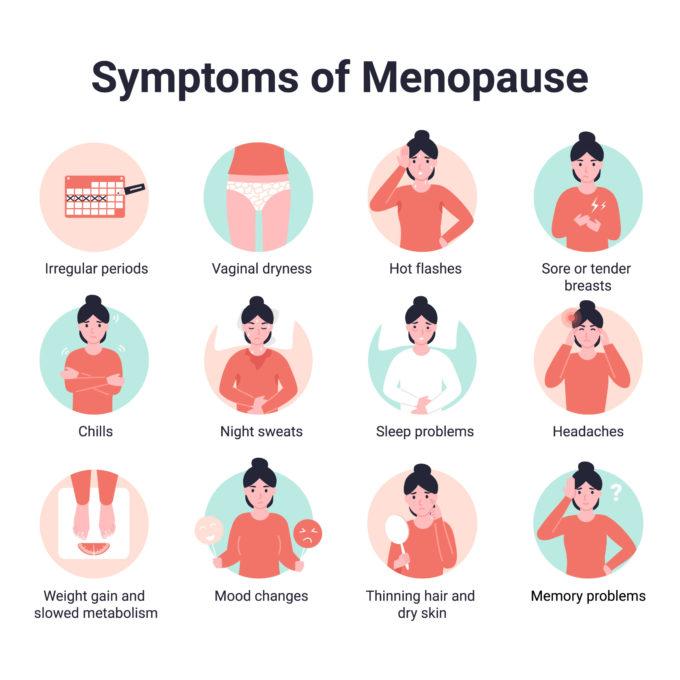
Navigating through menopause is a phase where a gynecologist’s expertise becomes especially valuable. Menopause can bring various challenges, including hot flashes, mood swings, and decreased bone density. A gynecologist can help manage these symptoms through hormonal therapy or other treatments tailored to each woman’s needs. They can also provide advice on how to maintain a healthy lifestyle during menopause, addressing concerns like osteoporosis and cardiovascular health. As menopause marks a significant change in a woman’s life, having a trusted gynecologist can make this transition smoother and healthier.
Sexual Health and Well-being
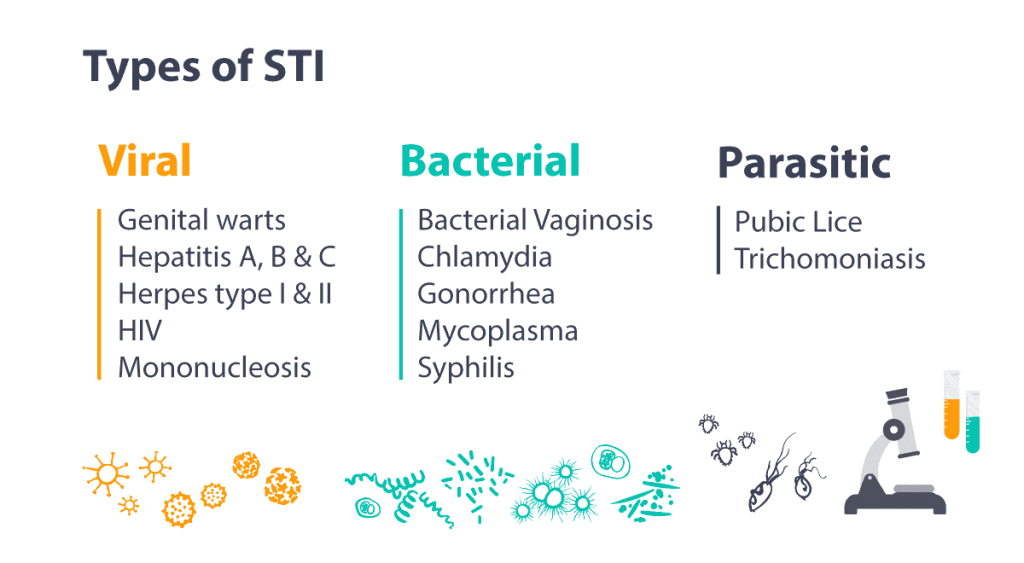
Discussing sexual health is a crucial part of gynecological care. Gynecologists provide a safe space for women to discuss concerns related to sexual health, including contraception, sexual dysfunction, or discomfort. They also play a vital role in the prevention and treatment of sexually transmitted infections (STIs). Regular check-ups and open conversations with a gynecologist can ensure that sexual health issues are addressed promptly and appropriately. Moreover, gynecologists can provide education on safe sex practices and help women make informed decisions about their sexual health.
Pregnancy and Postpartum Care

The role of a gynecologist is crucial during pregnancy and the postpartum period. They monitor the health of both the mother and the fetus during pregnancy, addressing any complications that may arise. Regular check-ups ensure the pregnancy is progressing well and help in the early detection and management of conditions like gestational diabetes or preeclampsia. Postpartum care is equally important as women navigate physical recovery and potential postpartum depression. A gynecologist provides essential support and medical care during this period, helping new mothers adjust to the changes in their bodies and address any health concerns that arise after childbirth.
Breast Health

Breast health is an important aspect of gynecological care. Regular breast exams and mammograms are key in the early detection of breast cancer, which can significantly increase the chances of successful treatment. Gynecologists often educate women on how to perform self-examinations, which can lead to early detection of lumps or other changes in breast tissue. They also guide women through the process of understanding mammography results and the next steps if any abnormalities are found. Maintaining breast health is a vital part of a woman’s overall health, and gynecologists play a significant role in ensuring this aspect is not overlooked.
A Woman’s Lifelong Journey
Maintaining gynecological health is a lifelong commitment that plays a pivotal role in a woman’s overall well-being. Regular visits to a gynecologist empower women to take charge of their health, from managing menstrual issues and fertility concerns to navigating menopause and ensuring breast health. These visits not only aid in early detection and treatment of potential health issues but also provide invaluable advice and support through various stages of life. Hence, prioritizing gynecological health is not just a medical necessity; it’s a step towards embracing a healthier, more informed life for every woman.


